Editorials
– Etimad criticized the mechanism of distributing the financial budget of the cultural activities
– Shargh handled the change in the Iranian oil exports components
Iranian News Roundup
– Eight Prisoners moved for execution.
– Water shortage might lead to drinking waste-water in Iran.
– Iran to build economic ties with Canada.
![]()
Shargh newspaper
The new status of Iranian oil
An editorial in Tuesday’s Shargh newspaper focused on recent changes in the composition of Iranian oil exports. Senior Iranian oil officials have asserted that the country is now exporting two million tons of fuel oil and gasoline per month, the editorial reveals, adding that this figure is more than double the level exported in 2015. Despite this, it continues, the official statistics do not indicate any increase in production of petroleum products in recent years. The editorialist suggests that this apparent conundrum may be explained by the significant decline in the domestic use of petroleum products, with the produce that was once used in Iran now being exported instead, making Iran a major gasoline and diesel exporter. Given the small number of statistics available, it is clear that domestic consumption of liquid fuels in Iran’s oil refineries has been significantly reduced, the editorialist asserts, adding that this is due to Iran’s increasing the supply for power stations by 20 billion cubic meters of gas per year. Statistics from Iran’s Ministry of Energy show that gas consumption in power plants rose this year by 8.2 percent, to almost 38 billion cubic meters, with Iran seeking to increase the percentage of gas used in electricity production to 65 billion cubic meters for the year. By contrast, the amount of gas used for electricity production in 2013 didn’t exceed 35 billion cubic meters.
The increasing reliance on natural gas in the electricity production process has led to far lower consumption of diesel and gasoline; the editorial continues, allowing the state to export far more of these fuels. In 2015, the country reached the point of full self-sufficiency in PGA liquid gas, even while exporting a further 140,000 tons of butane per month, improving its ability to provide natural gas to a larger-than-ever number of Iranian households. The editorialist revealed, adding that as a result, annual household consumption of butane gas between 2011 and 2015 fell by 2.4 million tons to less than 2 million tons, reaching 82 percent of Iranian households, with authorities seeking to increase this figure to 96 percent within the next three years.
The decline in the use of liquid fuels (diesel and gasoline) in the electricity production process in Iran has seen Iran transform into one of the major petroleum exporters in the Middle East region. The editorial asserted, adding that now the country exports 104 million tons of fuel oil and gasoline per annum, a record 52 million liters per day; this is a significant increase in previous years, with the same figures for 2015 standing at six million tons annually and 40 million liters per day respectively.
Per official statistics from Iran’s Ministry of Oil, the editorial stated, the volume of natural gas produced daily by the country’s refineries is set to continue increasing. Add to that, the current figure of 1.8 million barrels per day set to almost double to 3.1 million barrels per day by 2021 as the country opens more large refineries, including planned facilities like the Star of the Persian Gulf, a petrochemical complex in Siraf, refineries in Anahita and Bahman, amongst others. Despite this, the article went on, Iran still suffers gasoline production shortages, so much so that it imported around 9 million liters per day in 2015 alone, with this figure rising to 13 million liters per day in the first half of 2016. Though that number fell to around four million liters per day in the second half of the year due to low domestic consumption rates. For this reason, the editorial concluded, Iran now plans to export 42 million liters of gas per day
Afarinsh newspaper
Are fluctuating currency rates negative or positive?
An editorial in Tuesday’s Afarinesh newspaper examined fluctuations in Iran’s foreign currency market, and their impact on economic activity in the country. The editorialist said that the increasing quantities of foreign exchange reserves in Iran are a major concern. The exchange rate in Iran is controlled by several factors, including foreign currencies and issues related to the Iranian Central Bank’s monetary policy, with the Central Bank setting a dollar value of around 3,000 to 4,000 Iranian Tomans per US dollar since the start of 2016. The exchange rate is also determined in accordance with official policy decisions by the government, which are not always by the mechanisms governing the currency market, with this situation effectively creating a parallel ‘black’ market in tandem with the official foreign exchange market.
The editorialist says that there are concerns that the Central Bank may attempt to unify the exchange rate without regard to the real rate and to depend on the surplus of dollars on the market, leading to a repeat of the bitter financial crisis of 2011. Meanwhile, many factors are already leading to increased exchange rates in Iran, including fluctuations in prices for goods imported from Dubai, given the large volume of trade with the Gulf emirate. While the Iranian public widely expected the lifting of sanctions on Iran to lead to a better exchange rate and improved living standards, what has happened is that the volume of imports has increased, leading to a higher exchange rate and a devalued Iranian currency, leading to reduced purchasing power for Iranians. Among the factors contributing to the exchange rate determined by currency brokers are the expectation of increased domestic spending and tourism within Iran by citizens.
The editorialist calls on the Central Bank to exercise its responsibilities in setting the exchange rate while avoiding the imposition of enforced rates since these do not lead to real stability, adding that a higher exchange rate has a direct impact on people’s lives, particularly when it’s not accompanied by a commensurate increase in income. The editorial concludes by asserting that if the exchange rate is determined on the basis of reasonable criteria and in accordance with the needs of investors and trade partners, more people could be motivated to invest, increasing domestic access to the manufacturing and export sectors.
Etimad newspaper
Political pretexts
An editorial in Tuesday’s Etimad newspaper focuses on reports concerning the recent dismissal of reformist Ali Jannati as the Iranian Minister of Culture and Guidance. The editorial stated that in any country it could be easy to criticize the state’s organs, institutions and government for their work and performance, with the Ministry of Culture not immune from these criticisms since it is one of the government agencies that should be opened to criticism on many issues.
The Ministry of Culture is responsible for the publication of books, film screenings, and concerts amongst other matters. The editorial said, adding that while anyone wishing to raise an objection to its policies and activities should be free to take legal action against the ministry, disapproval of its policies should not be expressed by forced censorship to prevent activities which it has approved, as recently happened when clerics in Qum and Mashhad banned concerts planned by the ministry.
The editorial further condemned the fact that while the Ministry of Culture is nominally responsible for oversight of cultural activities in Iran, only 12 percent of the annual government budget of $1.7 billion set aside for spending on the country’s cultural sector in Iran is allocated to the ministry. While the remaining 88 percent is distributed among 34 other cultural institutions, adding that these other institutions are the ones controlled by the fundamentalist clerics, such as the mullahs in Qum and Mashhad.
![]()
♦ Eight prisoners moved for execution in Qazalhizar prison
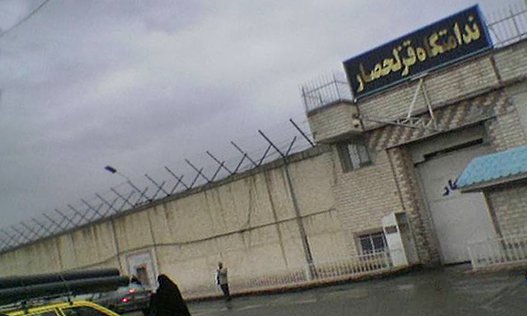
According to the Iranian human rights organization, eight prisoners that were sentenced to death for drugs accusations have been moved to solitary confinement in preparation for execution.
The human rights organization said that their families met them yesterday, and mentioned some of the prisoners’ names who are Abbas Karmi, Hamid Sabir, Hamid Babani, Hamid Nazri, Biman Sablani, Janja’li Chekeh Zadah, Riza Zadah, and Khaddam Ali Birzadah.
At the time of the executions, Judiciary authority is preparing for elimination death penalty for drug crimes.
Harana Agency
♦ Investigating the family of a Revolutionary Guards member killed under torture of intelligence
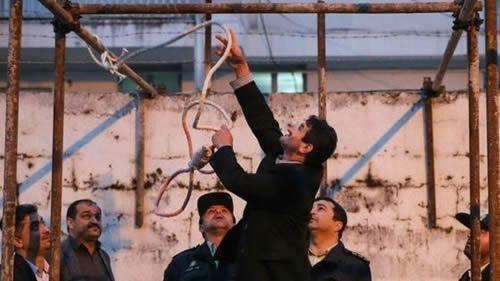
Members of Mohammed Riza Hamidavi family were called for an investigation by the Revolutionary Guards Intelligence for disclosure of information about the killing of their son by the Guards Intelligence after being tortured.
Earlier, Hamidavi, a member of the Revolutionary Guards in Ahwaz was killed because of his refusal to participate in the war in Syria after being tortured by the Revolutionary Guards Intelligence.
After the spread of the news about the killing of Hamidavi for the aforementioned reason, the media has heavily handled this case which was denied by the deputy commander of the Revolutionary Gauds for political issues, Rasoul Sana’i Rad. Nevertheless, the pictures of the funeral of this 27 years old Ahwazi person, in addition to the evidence of torture on his body, spread on the social media network and proved the opposite of the RG statement.
Iran Khabar Agency
♦ Iranians are to drink waste-water in few years
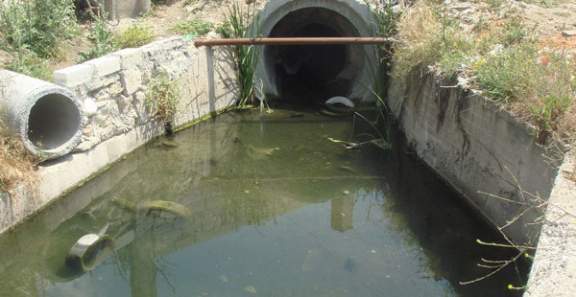
The project of refining Waste-water and changing it into drinking water in Iran is in its final stage, and the possibility of implementing it depends on the country’s need of water.
According to Tasnim Agency, “Population in Tehran should not increase,” minister of energy Hamid Chit Chian said. He added that the lack of water resources and the growing number of citizens in Tehran is the reason for this situation.
Iran has been experiencing 17 years drought caused by climate change, a decline of precipitation rates, lack of drinking water resources, and random use of aquifers for years, and the absence of efficient procedures for water consumption that led to big damages to the water resources in the country.
Nowadays, renewable water resources do not meet people’s needs of water for drinking, agriculture, industry, and environmental needs, which made officials think about using refined waste-water and change it into drinking water through the use of certain technologies in the provinces of Mazandaran and Hamadan, which might be the only way to produce water ten years later.
Tasnim Agency
♦ Increase in buying and selling children rates in Iran
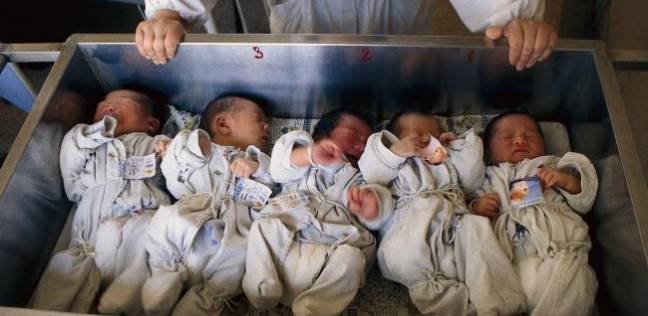
Deputy social affairs in the social care commission said that the last six months witnessed an increase in buying and selling children in Iran, which is considered one of the worst social phenomena, asserting that statistics revealed that homeless mothers sell their children for 100-200 thousand Tomans.
Arman Amroz Newspaper
♦ Ghalibaf is building ties with Canada secretly
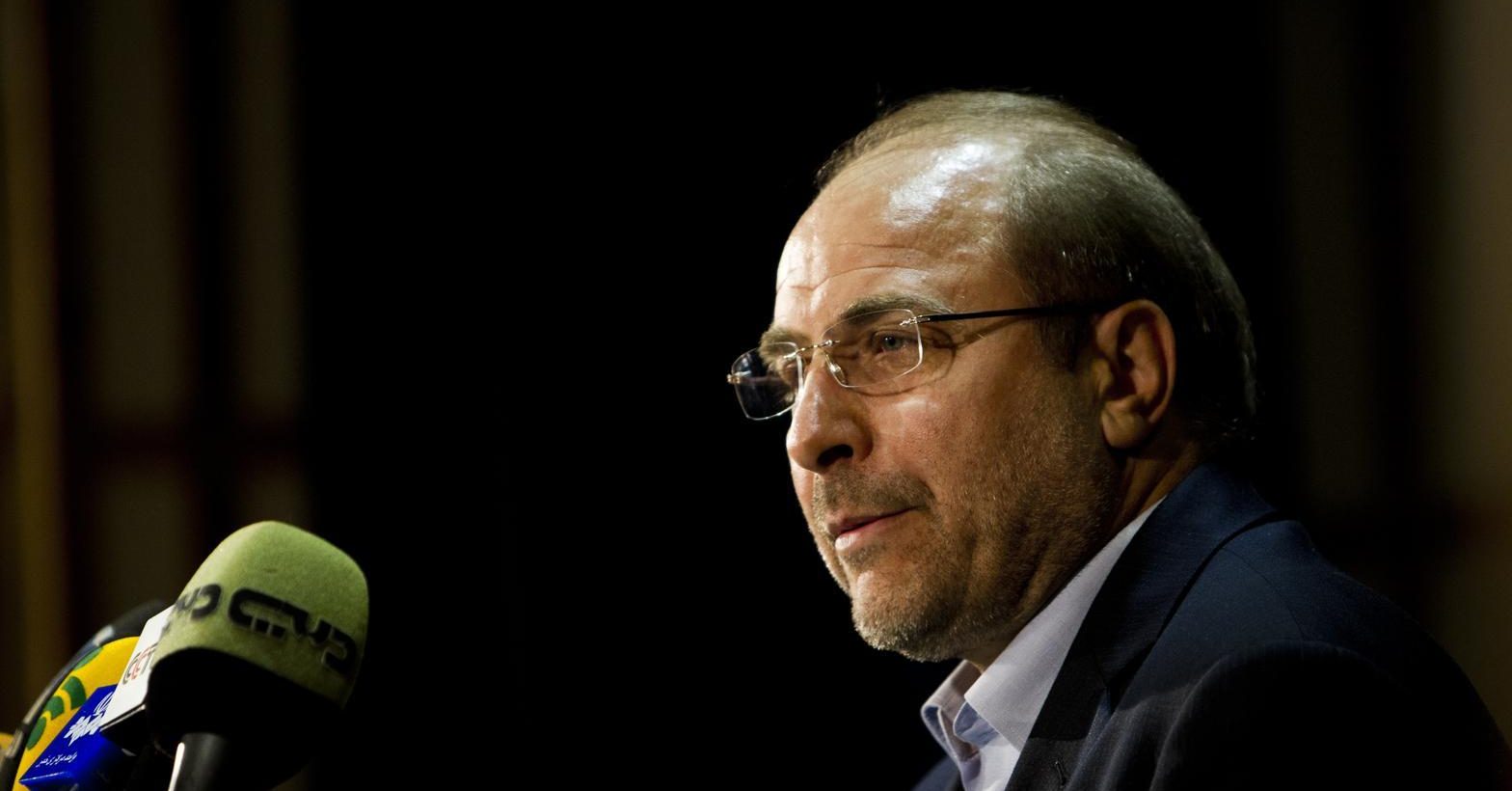
The Canadian Montreal Municipal has visited Tehran and met its Mayer, Mohammed Baqir Ghalibaf. Arman newspaper reported that Ghalibaf is not supposed to disappear from newspaper titles, saying that he handed over lands and today he is meeting Montreal Municipal. The newspaper asked, “Has Ghalibaf taken the first step toward relations with Canada? It seems that this move is media promotion to appear as a professional politician, but even if this prediction is true, it cannot be compared to signing the nuclear deal and diplomatic achievements of Rouhani as the newspaper claimed.
Aftab Newspaper
♦ Shareatmadari criticizes the Expediency Discernment Council’s inability to reconsider the qualification of candidates
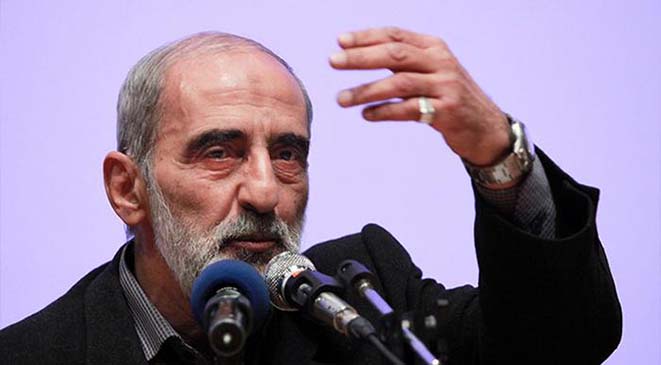
The close writer to the Iranian supreme leader, Hussein Shareati said in an article in Kayhan newspaper that the 151Iranian MPs had ratified a law about the inability of the Expediency Discernment Council to reconsider qualification of the candidates for parliamentary elections.
The rule says that after the final announcement of the candidates’ eligibility during the 20 days mentioned in the fourth term of article 52 of the electoral law in the Islamic Shura Council, the Expediency Discernment Council does not have the right to issue any further decisions and reject their qualification, which means that if the candidate that was recognized by the Council commits crimes such as burglary and fraud, the Council cannot deny his eligibility.
Alf Website
